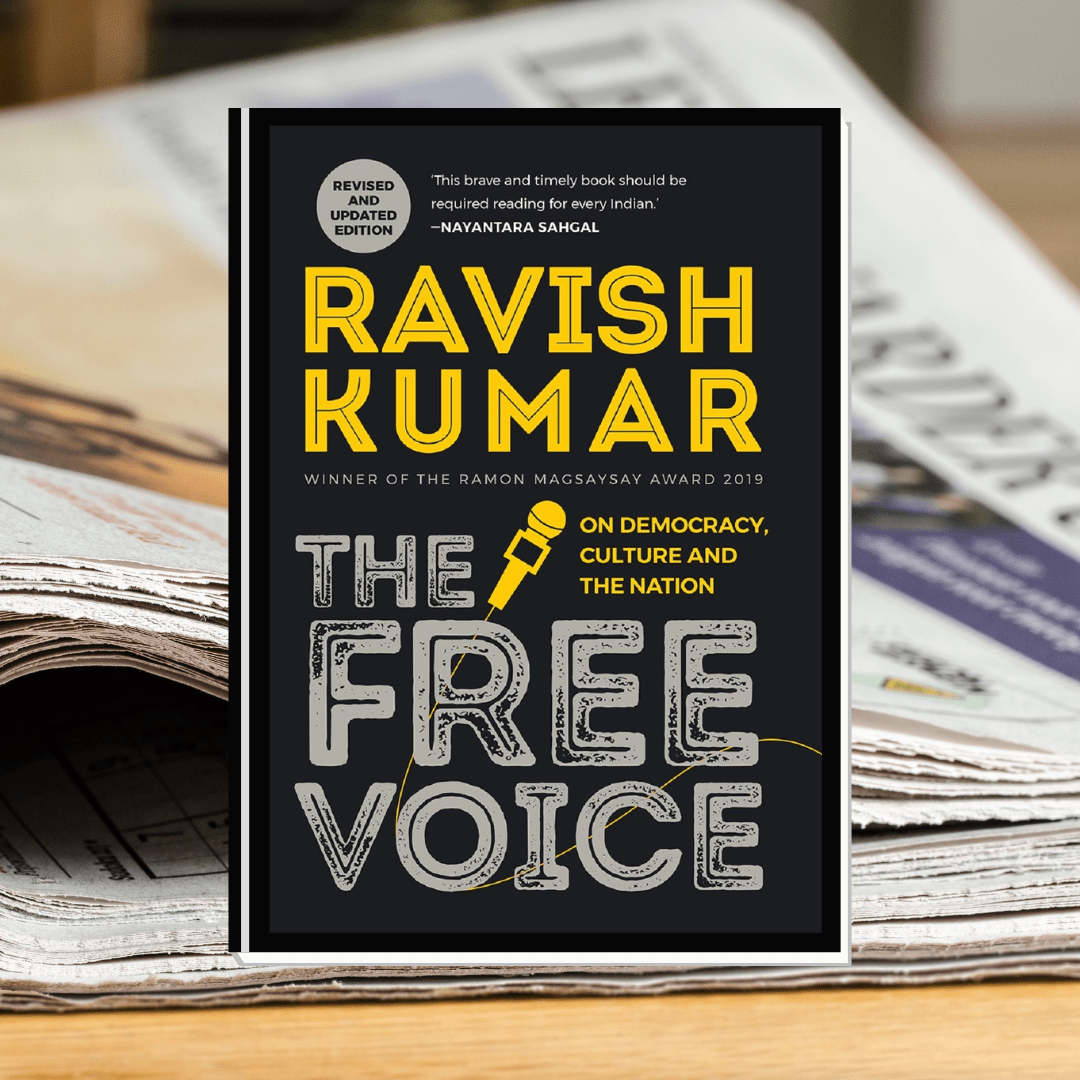Have you ever felt low, persistently sad, lost interest in daily activities? If such feelings are familiar on a daily basis, then the issue may be ‘Depression’.
Depression is not a disease but a mood disorder that negatively affects you on how you think, feel and even act. Depression is insidious. It blunts sensations of pleasure, closes off connectedness, hinders creativity, and, in the worst case scenario – takes away all your Hope.
Global statistics
Depression is a common illness worldwide, with an estimated 3.8% of the population affected with it. The older people (almost 5.7%) are at higher risk than the young adults (almost 5.0%) to face depression and living alone and lack of social life is a contributing factor too. Such isolation, in long run, may lead to suicidal thoughts and some of them even end their lives. Suicide is the fourth leading cause of death in the age group of 15 to 29 years old. Over 7 Lakhs people die every year due to suicide.
Common symptoms of depression
We often see people complain about how some people are constantly acting lazy, or low on energy, or making excuses for not doing something. But just to make you aware, it is not laziness but depression – the state of mind that hinders any sort of action causing one to believe that they are stuck in an overwhelming darkness and that there is no chance of any change, no matter how hard they try. Such behavior not only causes emotional pain, but it is interrelated with physical pain too, thus not only affecting the person experiencing it but also that person’s close family and friends. Depression may also lead to other ailments such as cardiovascular problems, extreme stress leading to diabetes and blood pressure problems, etc.
During a depressive episode, a person experiences significant difficulty in personal, family, social, educational, occupational and/or other important areas of their functioning as they experience several symptoms as categorized below:
Changes in moods and feelings of:
Anxiety; apathy; guilt; worthlessness & hopelessness; loss of interest.
Behavioral symptoms:
Agitated the whole time; excessive irritability; restlessness; social isolation; feeling sad most of the day;
Change in sleeping patterns:
Insomnia; excessive sleepiness; disrupted or irregular sleeping patterns;
Bodily/physical symptoms:
Loss of energy; increased fatigue; feeling tired and uninterested even in daily activities; sudden weight loss or gain; excessive hunger; loss of appetite.
Cognitive:
Lack of concentration; slowness in activity; difficulty in thinking and decision making; cloudy and unclear judgements; thoughts of suicide.

We are committed to enriching the quality of life and bringing the curve of suicidal cases as low as possible. We focus on the holistic wellness of individuals and their families by primarily promoting improved mental well-being through awareness, education and support.
Reason Behind Depression
The factors that cause Depression is not limited to an unhealthy lifestyle, other reasons such as genetic factors, biochemistry, certain traumatic events also contribute to the same, viz.
- Biochemistry: Differences in certain chemicals in the brain;
- Genetics: Depression can run in families;
- Gender: Women are about twice as likely as men to become depressed;
- Age: People who are elderly are at higher risk of depression;
- Personality: People with low self-esteem, who are easily overwhelmed by stress, or who are generally pessimistic appear to be more likely to experience depression;
- Death or A loss: Extreme sadness or grief after the death or loss of a loved one, can increase the risk of depression;
- Environmental Factors: Continuous exposure to violence, neglect, abuse (physical, sexual or emotional), unemployment, poverty or other traumatic events may make some people more vulnerable to depression.
Depression in different age groups
As seen, it can happen with anyone and at any age, depression is not only common in adults but also the teenagers and even children are, nowadays, seeming to have been battling depression. It is surprising to know that CDC had estimated 3.2% of children and teens aged 3 to 17 to have been battling depression in the United States.
One can observe following signs, patterns or behavior to understand that the said person is troubled because of depression:
- Females: Some types of depression are unique to females such as, postpartum depression, premenstrual dysphoric disorder, etc.
- Males: Males with depression are more likely to drink alcohol in excess, display anger, engage in risk-taking activities, avoid family and social situations, working without a break; displaying abusive or controlling behavior in relationships, etc.
- Teens: The physical changes, peer pressure can lead to a lot of stress and incapability for them to fit in, leading them to withdraw from the society and causing restlessness and lack of confidence and concentration.
- College Students: Time at college can be stressful, and a person may find it more difficult to adapt to the changed lifestyle, culture and experiences, especially if he belongs to a different culture or community, thus leading him to experience anxiety and further develop depression.
- Children: Younger children have difficulty in expressing how they feel in words, thus making it more difficult to explain their feeling of sadness. This leads to them experiencing defiant behavior, vocal outbursts, tantrums, low energy, crying, making schoolwork and social activities challenging.
The solution
All of these reasons are beyond our control. But a good thing is we have control over treating depression. Yes! Depression can be treated and prevented by adapting to certain healthy habits and seeking immediate help.
- Support: Now that we have realized that, depression results from a complex interaction of social, psychological & biological factors, which in turn leads to stress and dysfunction; it can be prevented by participating in prevention programs, community or school-based supportive groups. These programs enable one to enhance the positive approach in children and adolescents. Also, proper attention from parents and their intervention for children with behavioral patterns will improve the outcomes for children. Not only these, but also certain mild-exercise programs too are encouraging and helps in release of happy hormones that enable and boosts confidence and help battle depression.
- Drug treatment: Apart from participating in support group programs, one may even feel the need of certain medication if the brain chemistry or genetics are the cause of depression. Such clinical methods include prescribing of antidepressants by authorized professionals, which helps in treating and modifying brain chemistry.
- Therapy: Apart from the medication, the safest and cheapest mode for anyone is that of ‘Psychotherapy’ or ‘Talk-therapy’, also commonly known as ‘Counseling’. One of the best-way to help you identify and remove symptoms of psychological, emotional or behavioral disorders and promote positive growth. One such method called Cognitive Behavioral Therapy (CBT) is considered to be the most effective, as it focuses on identifying unhealthy, negative beliefs and behaviors and helps you to replace them with healthy and positive ones. It is focused on problem solving and responding to challenges in a more positive manner. CBT is not necessarily meant to be an individual exercise but couple therapies are also well known to help solve marital or relationship issues.
- Shock Therapy: If everything else fails, the last resort taken to, is that of an ‘Electroconvulsive Therapy’ (ECT), which is a medical treatment reserved for patients with severe major depression who have failed to respond to other treatments. It involves a brief electrical stimulation of the brain while the patient is under anesthesia. It is usually managed by a team of trained medical professionals. ECT, also known as ‘Shock Therapy’, has been used since the 1940s, and many years of research have led to major improvements and the recognition of its effectiveness as a mainstream rather than a “last resort” treatment.
- Self-help: It is not necessary that one has to adapt to these modes of treatment. One can follow certain self-help practices pre-hand in order to save themselves from falling into the trap of depression by leading a healthy lifestyle. There are a number of things people can do to help reduce the symptoms of depression, such as regular exercise which elevates mood and boosts confidence; getting enough and quality sleep of almost 7 to 8 hours on a regular basis; eating healthy diet, avoiding alcohol and smoking; all these helps to reduce symptoms of depression.
One needs to understand that depression is not a mental illness but a mood disorder which affects majorly causing one to feel trapped in darkness and even though one wants to come out of it, they still find it impossible. This should not let you feel discouraged but know that help is available. With proper diagnosis and treatment, the vast majority of people with depression have overcome it and so will you.
Conclusion
It is not just the battle of the person affected with depression but also for the people around them. One needs to be supportive of those who are battling depression, encourage them and not belittle them; engage with them in the activities they want to do; talk with them and show your support; guide them for proper treatment or at least encourage for talk-therapy. The major problem of low self-esteem and isolation can be gotten rid of by your presence alone. This is a start to addressing their mental health needs.
Let us all be a part of this battle and make others feel safe to share and disclose their problem and encourage them towards a healthy lifestyle and help them break from the chain of depression.

About The Author – Shivanee Shah, is a practicing advocate from Mumbai since 4 years now and is a firm supporter of mental and emotional well-being and takes active part in creating awareness of the same. Apart from this, she is passionate about writing and provides copywriting services as a freelancer. She is available through her social media handles: Instagram: @shiva9shah and Linkedin: @shivanee-shah





